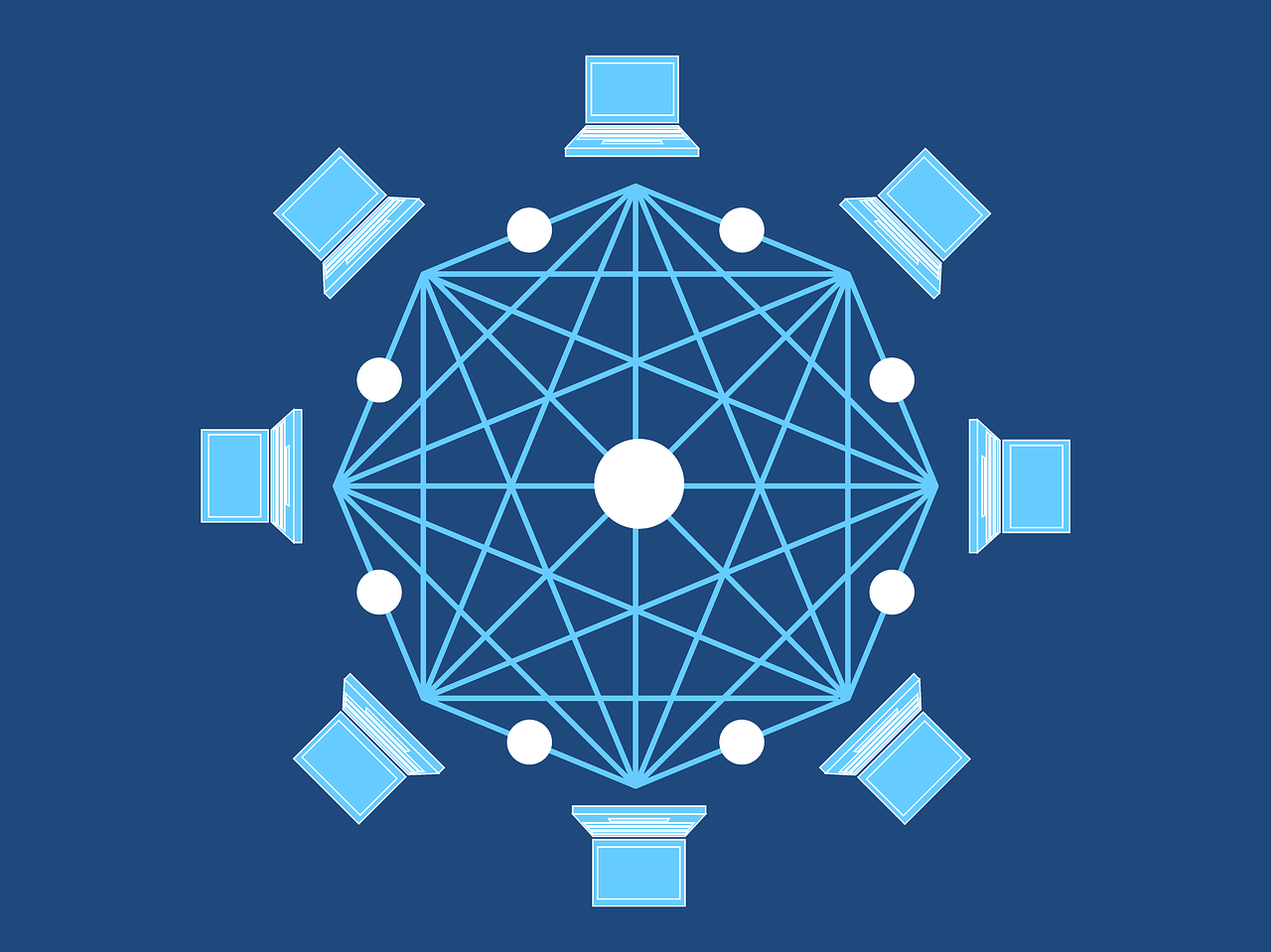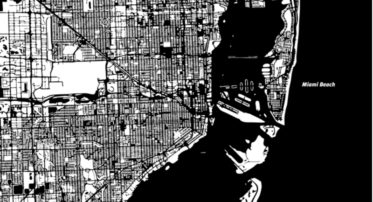Want to Learn More?
Drop us a line. We'd love to hear from you!
How to Run an OFAC SDN Search for Cryptocurrency Addresses

Do you have to run an OFAC SDN search for addresses involved in digital currency transactions? As of November 28th, yes.
In a long anticipated move, the U.S. Department of the Treasury’s Office of Foreign Assets Control (“OFAC”) formally identified the digital currency addresses of two Iranian hackers who had targeted government offices and businesses in the US and Canada and asked for Bitcoin ransoms.
It is the first time OFAC has moved directly to prevent the illicit use of cryptocurrencies since signalling in March of 2018 that it would be actively monitoring emerging payment systems and blockchain technologies.
The two Iranian hackers were added to the Specially Designated Nationals and Blocked Persons (SDN) list on the same day, meaning all U.S. persons are prohibited from engaging in digital currency transactions with them.
What does it mean?
OFAC due diligence requirements remain the same even if your business is working in or with digital currencies. The anonymous nature of cryptocurrencies does not exempt individuals and businesses from OFAC regulations, especially when OFAC has made a definitive link between an SDN and a digital currency address.
To order an OFAC SDN search from All American Document Services, scroll past the OFAC FAQ below to: Order an OFAC SDN Search from AADS.
Read OFAC’s FAQs on Virtual Currency
To help answer any other questions you may have about cryptocurrency compliance, we are sharing the Questions on Virtual Currency FAQ, courtesy of the U.S. Department of Treasury Office of Foreign Asset Control:
For purposes of OFAC sanctions programs, what do the terms “virtual currency,” “digital currency,” “digital currency wallet,” and “digital currency address” mean?
Virtual currency is a digital representation of value that functions as (i) a medium of exchange; (ii) a unit of account; and/or (iii) a store of value; is neither issued nor guaranteed by any jurisdiction; and does not have legal tender status in any jurisdiction.
Digital currency includes sovereign cryptocurrency, virtual currency (non-fiat), and a digital representation of fiat currency.
A digital currency wallet is a software application (or other mechanism) that provides a means for holding, storing, and transferring digital currency. A wallet holds the user’s digital currency addresses, which allow the user to receive digital currency, and private keys, which allow the user to transfer digital currency. The wallet also maintains the user’s digital currency balance. A wallet provider is a person (individual or entity) that provides the software to create and manage wallets, which users can download. A hosted wallet provider is a business that creates and stores a digital currency wallet on behalf of a customer. Most hosted wallets also offer exchange and payments services to facilitate participation in a digital currency system by users.
A digital currency address is an alphanumeric identifier that represents a potential destination for a digital currency transfer. A digital currency address is associated with a digital currency wallet. [03-19-2018]
Are my OFAC compliance obligations the same, regardless of whether a transaction is denominated in digital currency or traditional fiat currency?
Yes, the obligations are the same. U.S. persons (and persons otherwise subject to OFAC jurisdiction) must ensure that they block the property and interests in property of persons named on OFAC’s SDN List or any entity owned in the aggregate, directly or indirectly, 50 percent or more by one or more blocked persons, and that they do not engage in trade or other transactions with such persons.
As a general matter, U.S. persons and persons otherwise subject to OFAC jurisdiction, including firms that facilitate or engage in online commerce or process transactions using digital currency, are responsible for ensuring that they do not engage in unauthorized transactions prohibited by OFAC sanctions, such as dealings with blocked persons or property, or engaging in prohibited trade or investment-related transactions. Prohibited transactions include transactions that evade or avoid, have the purpose of evading or avoiding, cause a violation of, or attempt to violate prohibitions imposed by OFAC under various sanctions authorities. Additionally, persons that provide financial, material, or technological support for or to a designated person may be designated by OFAC under the relevant sanctions authority.
Persons including technology companies; administrators, exchangers, and users of digital currencies; and other payment processors should develop a tailored, risk-based compliance program, which generally should include sanctions list screening and other appropriate measures. An adequate compliance solution will depend on a variety of factors, including the type of business involved. There is no single compliance program or solution suitable for every circumstance. [03-19-2018]
How will OFAC use its existing authorities to sanction those who use digital currencies for illicit purposes?
The United States’ whole-of-government strategies to combat global threats such as terrorism, transnational organized crime, malicious cyber activity, narcotics trafficking, weapons of mass destruction (WMD) proliferation, and human rights abuses include targeting an array of activities, including the use of digital currencies or other emerging payment systems to conduct proscribed financial transactions and evade U.S. sanctions. The strategies draw from a broad range of tools and authorities to respond to the growing and evolving threat posed by malicious actors using new payment mechanisms. OFAC will use sanctions in the fight against criminal and other malicious actors abusing digital currencies and emerging payment systems as a complement to existing tools, including diplomatic outreach and law enforcement authorities. To strengthen our efforts to combat the illicit use of digital currency transactions under our existing authorities, OFAC may include as identifiers on the SDN List specific digital currency addresses associated with blocked persons. [03-19-2018]
How will OFAC identify digital currency-related information on the SDN List?
OFAC may add digital currency addresses to the SDN List to alert the public of specific digital currency identifiers associated with a blocked person. OFAC’s digital currency address listings are not likely to be exhaustive. Parties who identify digital currency identifiers or wallets that they believe are owned by, or otherwise associated with, an SDN and hold such property should take the necessary steps to block the relevant digital currency and file a report with OFAC that includes information about the wallet’s or address’s ownership, and any other relevant details. [03-19-2018]
What is the structure of a digital currency address on OFAC’s SDN List?
Digital currency addresses listed on the SDN List include their unique alphanumeric identifier (up to 256 characters) and identify the digital currency to which the address corresponds (e.g., Bitcoin (XBT), Ethereum (ETH), Litecoin (LTC), Neo (NEO), Dash (DASH), Ripple (XRP), Iota (MIOTA), Monero (XMR), and Petro (PTR)). Each digital currency address listed on the SDN list will have its own field: the structure will always begin with “Digital Currency Address”, followed by a dash and the digital currency’s symbol (e.g., “Digital Currency Address – XBT”, “Digital Currency Address – ETH”). This information is followed by the unique alphanumeric identifier of the specific address. [06-06-2018]
Is it possible to query a digital currency address using OFAC’s Sanctions List Search tool?
No, it is not currently possible to query for digital currency addresses using OFAC’s Sanctions List Search tool. Alternatively, OFAC’s SDN List and other OFAC sanctions lists are available in a number of file formats and downloads, which can be used to identify and screen for listed digital currency addresses. Additional information on OFAC list file formats and downloads, can be accessed here. [06-06-2018]
How do I block digital currency?
Once it has been determined that your institution is holding digital currency that is required to be blocked pursuant to OFAC’s regulations, you must ensure that access to that digital currency is denied to the blocked person and that your institution complies with OFAC regulations related to blocked assets. Institutions may choose, for example, to block each digital currency wallet associated with the digital currency addresses that OFAC has identified as being associated with blocked persons, or opt to use its own wallet to consolidate wallets that contain the blocked digital currency (similar to an omnibus account) titled, for example, “Blocked SDN Digital Currency.” Each of these methods is satisfactory, so long as there is an audit trail that will allow the digital currency to be unblocked only when the legal prohibition requiring the blocking of the digital currency ceases to apply. The institution is not obligated to convert the blocked digital currency into traditional fiat currency (e.g., U.S. dollars). Blocked digital currency must be reported to OFAC within 10 business days. Questions about whether a transaction should be blocked should be directed to OFAC at 202-622-2490 or ofac_feedback@treasury.gov. [11-28-2018]
Should an institution tell its customer that it blocked access to their digital currency and, if so, how does the institution explain it to the customer?
An institution may notify its customer that it has blocked digital currency pursuant to OFAC regulations. The customer has the right to apply for the unblocking and release of the digital currency.
To apply online to have the virtual currency released, please go to OFAC’s online application page. [11-28-2018]
Order an OFAC SDN Search from AADS
All American Document Services makes it easy to view all relevant risk information about any individual or company, either on an ongoing basis or on demand. We have been trusted by large companies for streamlined OFAC searches, verification reports, and background checks since 2002.
Learn more about what makes us different from other OFAC due diligence providers on our AADS Advantage page. If you’re ready to get started, Place Your Order today!
Leave a Reply
Recent Blogs
-

Why Choose AADS for Miami-Dade County Municipal Lien Searches?
Jan 08, 2020All American Document Services has become a leading provider of Miami-Dade County Municipal Lien Searches because we understand the unique laws and customs of the ...
READ MORE -

Why Switch to AADS for Florida Title and Lien Searches?
Dec 09, 2019Three good reasons: We treat you better, we can help you clear files faster, and we have an extended Black Friday sale on Florida Title ...
READ MORE -

Is Your Vendor Complying with the Florida HOA Estoppel Law?
Nov 25, 2019HOA estoppel certificates are an essential part of title commitment and of real estate due diligence. That’s why title companies and real estate attorneys in ...
READ MORE

